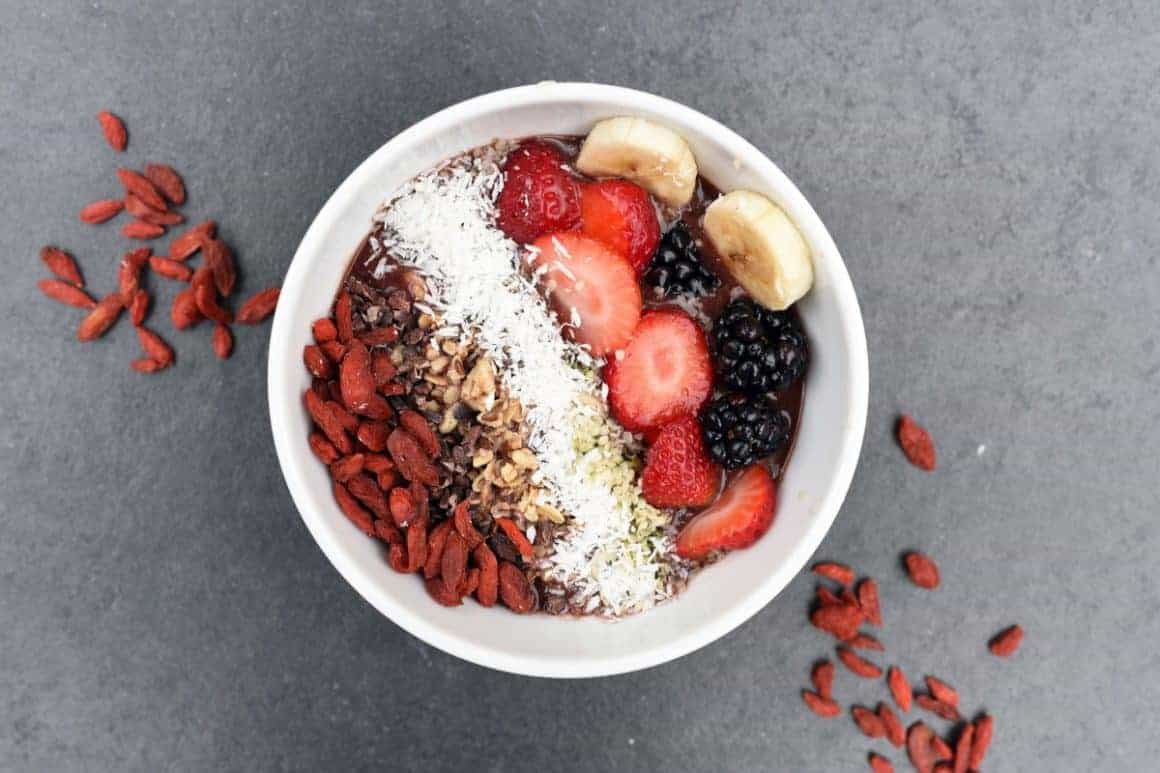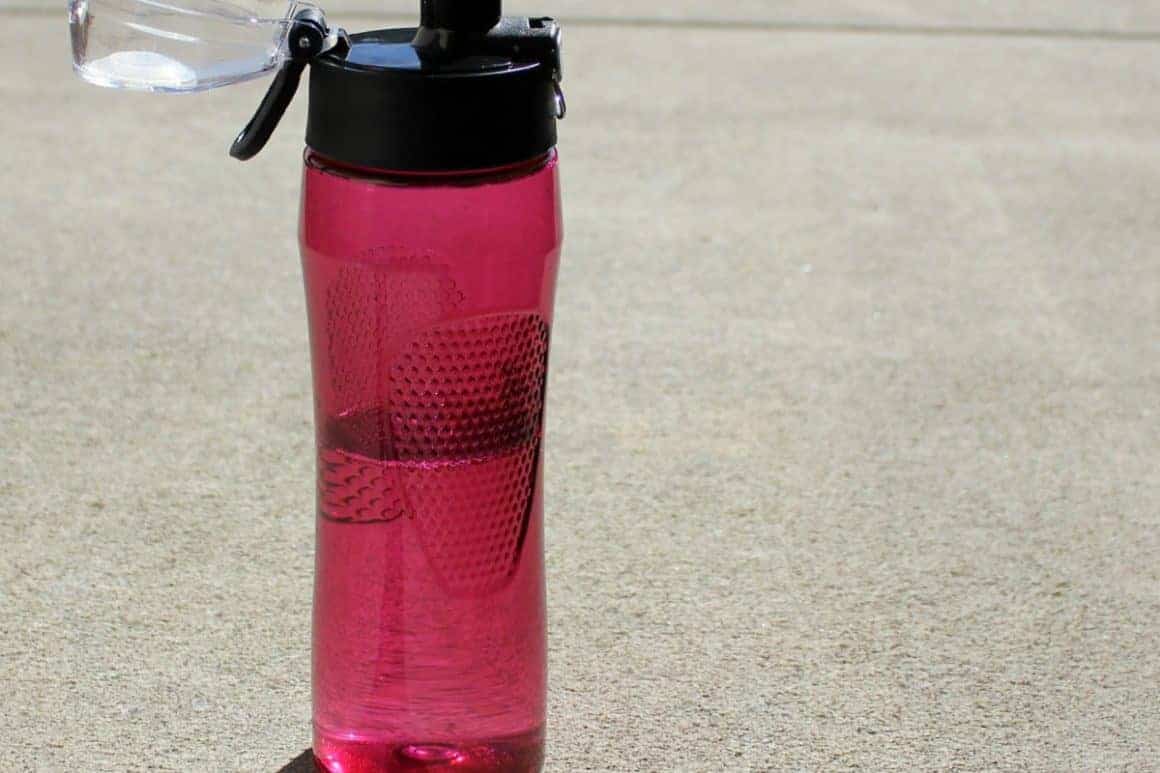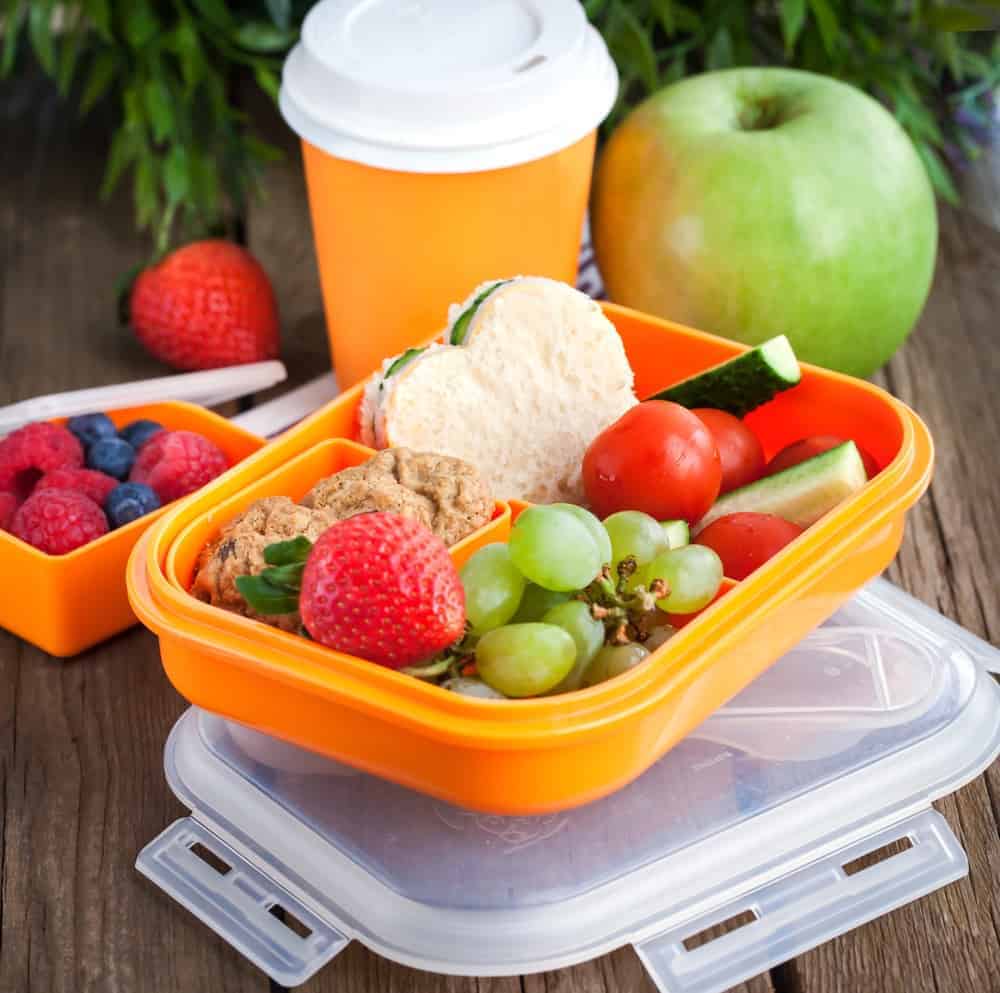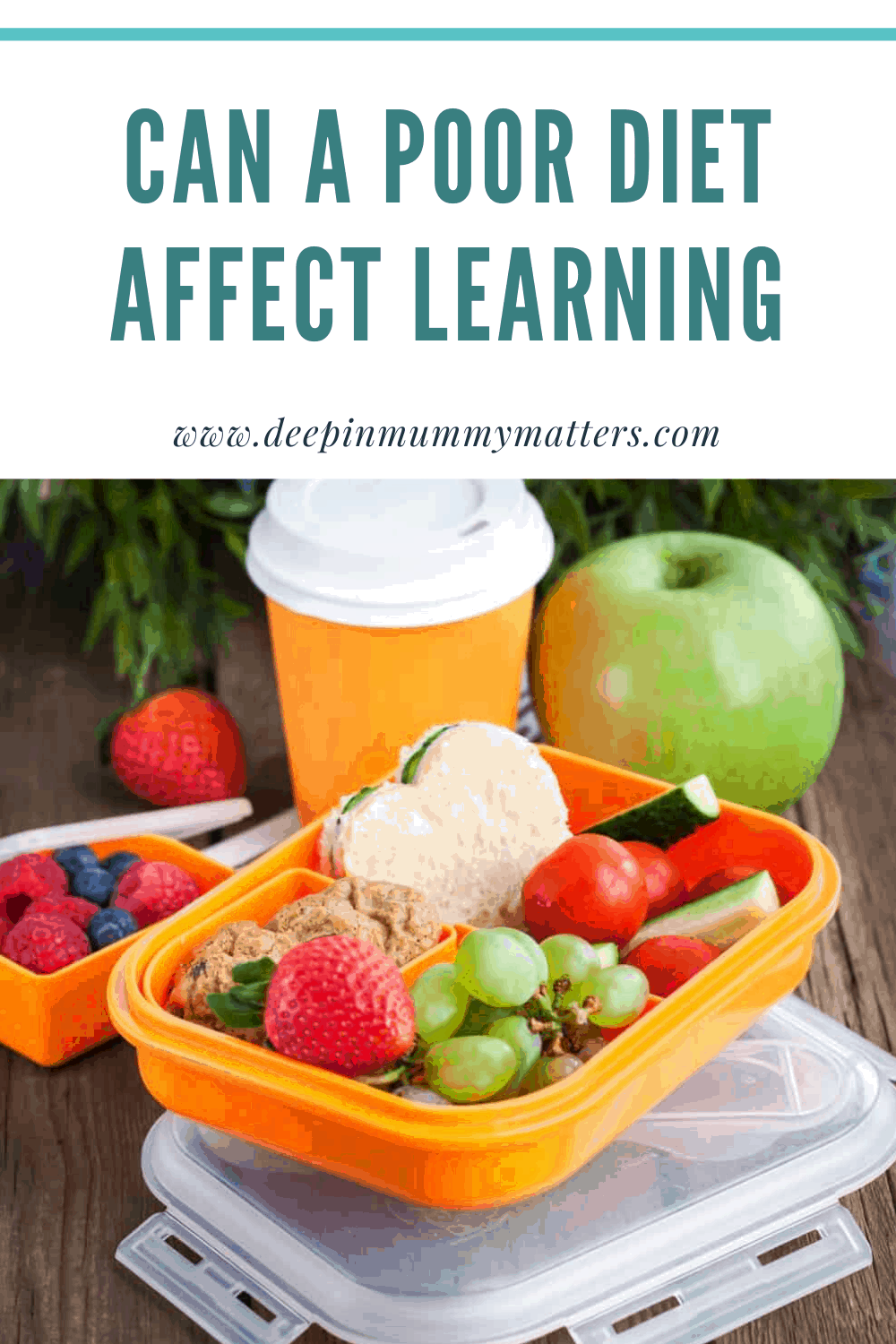Did you know that a poor diet can not only impact your child’s health, but it can also affect their learning abilities? It is important for parents to encourage their children to lead a healthy lifestyle and to eat a balanced diet.
Here are some great tips from St Hilda’s School on how to include healthy eating into your daily routine to support your child’s development…
1. Breakfast

There is a lot of truth in the saying ‘breakfast is the most important meal of the day’, especially when it comes to your child’s learning. It is important to begin their day with a healthy breakfast, including foods that are rich in fibre and protein. This will help to boost your child’s attention span, ready for a full day at school. Breakfast can also benefit your mood and memory, so don’t let your little ones leave home without it!
2. H2O

Water is vital for your child’s health and concentration, so it is important that they stay well hydrated at school. Pack a refillable water bottle in their school bag and encourage your child to drink as much as possible throughout the day. This is particularly important during the summer months or after sporting activities. Even the mildest form of dehydration can impact your child’s brain function, which can affect their motor skills and mood.
3. Food

Have you noticed a change in your child’s behaviour or mood when they are hungry? Do they become irritable or find it hard to concentrate? It is important that your child eats little and often, through the day to maintain their energy and concentration levels. It is also important to educate your child to avoid a poor diet by choosing the right food, such as fish and vegetables, and to avoid sugary foods such as sweets and biscuits.

